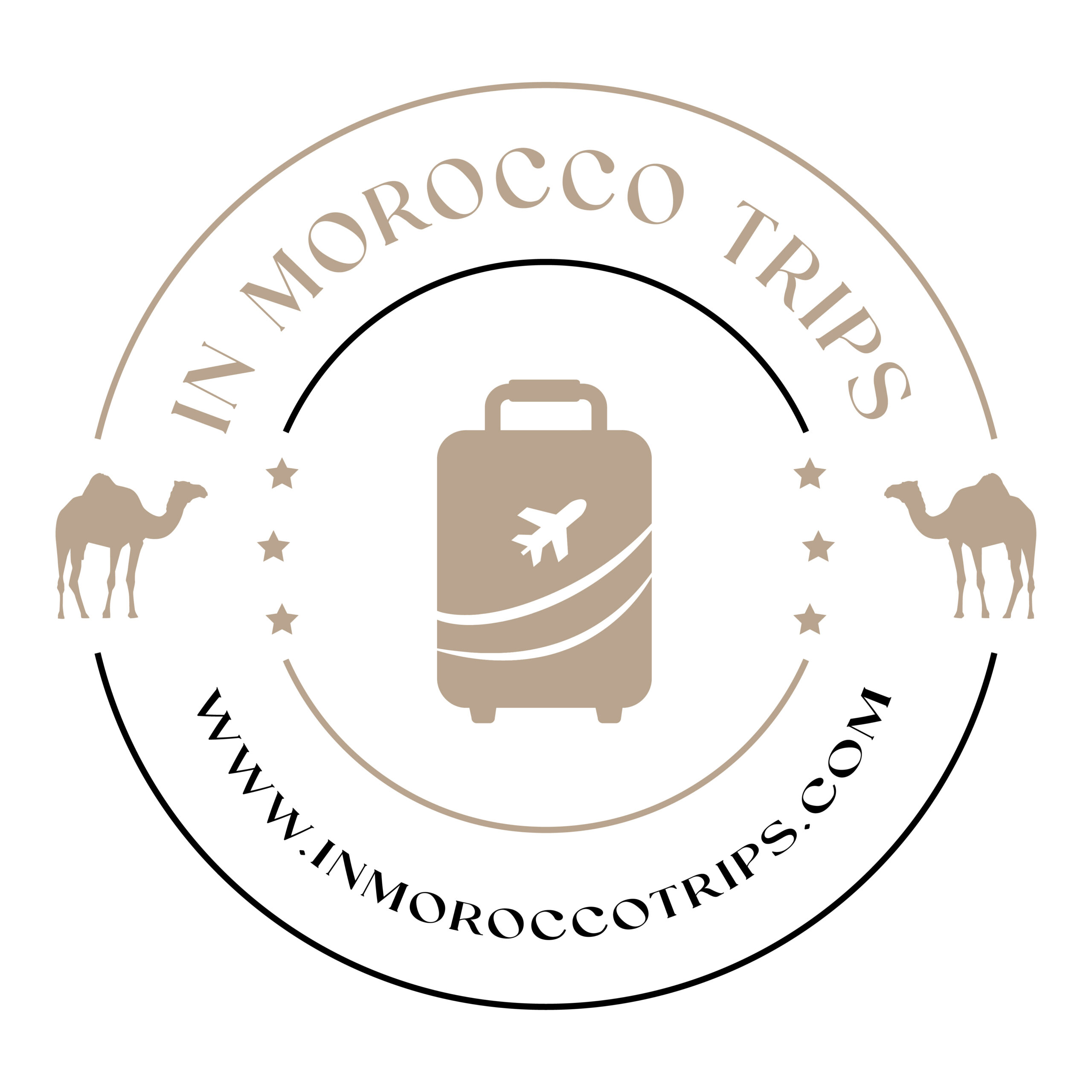Moroccan Gnawa: The Spiritual and Musical Soul of Morocco
Introduction to Gnawa Culture
Moroccan Gnawa is a vibrant and deeply spiritual tradition that blends music, dance, and ritual healing practices. Rooted in the heritage of West African slaves brought to Morocco centuries ago, the Gnawa tradition has evolved into one of the most captivating cultural expressions in the country. Today, Gnawa music and rituals are recognized as part of Morocco’s rich intangible heritage, drawing locals and tourists alike to its hypnotic rhythms and profound spiritual essence.

The Origins and History of Gnawa
The Gnawa people trace their ancestry to sub-Saharan Africa, particularly from regions of present-day Mali, Niger, Ghana, and Senegal. Brought to Morocco through the trans-Saharan slave trade, they preserved their spiritual and musical traditions while integrating into Moroccan society. Over time, Gnawa practices merged with local Berber and Arab influences, creating a unique cultural and religious identity. Despite their historical hardships, the Gnawa community became an integral part of Moroccan culture, known for their mystical ceremonies and powerful music.
The Spiritual Significance of Gnawa Rituals
Gnawa music is more than just entertainment; it is deeply spiritual and often associated with healing and trance-like states. Central to Gnawa practice is the “Lila”—an all-night ritual that invokes spirits (mluk) through music, chanting, and dance. These ceremonies serve both therapeutic and religious purposes, allowing participants to connect with the spiritual world and seek protection, healing, or blessings. The Lila is typically performed in a sacred space, led by a Maâlem (master musician), and accompanied by followers who enter trance states as they respond to the rhythms.
Where to Find Gnawa in Morocco
Gnawa communities are found throughout Morocco, but they are particularly concentrated in certain cities and regions:
-
Essaouira: Known as the spiritual home of Gnawa music, Essaouira hosts the annual Essaouira Gnawa and World Music Festival, attracting musicians and visitors from around the world.
-
Marrakech: A cultural hub where many Gnawa musicians perform in riads, music venues, and public squares like Jemaa el-Fnaa.
-
Fes: Home to several Gnawa brotherhoods, Fes offers an authentic experience of Gnawa rituals and performances.
-
Casablanca: The modern heart of Morocco’s music scene, where Gnawa influences blend with contemporary sounds.
-
Tangier: A historic port city where Gnawa music has mingled with various international influences.
-
Southern Morocco: Cities like Ouarzazate and Zagora have deep-rooted Gnawa communities that continue to practice traditional ceremonies.
Plan Your Desert Adventure in Morocco
Experience the magic of Morocco. From starlit desert adventures to intimate rooftop dinners, Morocco offers the perfect must-see attractions for your holidays. Let this enchanting destination be the backdrop to your love story.
The Instruments and Rhythms of Gnawa Music
Gnawa music is instantly recognizable by its distinctive instruments and repetitive, entrancing rhythms. The key instruments include:
-
Guembri: A three-stringed bass lute, often called the “spiritual heartbeat” of Gnawa music.
-
Qraqeb: Large metal castanets that produce a sharp, percussive clatter, setting the foundation of the rhythm.
-
Tbel: A large drum that adds depth to the performance. The interplay between these instruments creates a mesmerizing soundscape, inviting both musicians and listeners into a hypnotic state.
The Spread and Global Influence of Gnawa Music
While traditionally practiced within Moroccan communities, Gnawa music has gained international recognition, influencing jazz, blues, and world music. Many renowned musicians, such as Jimi Hendrix and Robert Plant, have been inspired by its deep rhythms and spiritual power. The annual Essaouira Gnawa and World Music Festival, one of Morocco’s most famous music events, has played a crucial role in bringing Gnawa music to a global audience, attracting musicians from all over the world to collaborate with Gnawa masters.
Modern Revival and Recognition
In recent years, there has been a renewed appreciation for Gnawa heritage. In 2019, UNESCO officially recognized Gnawa culture as an Intangible Cultural Heritage of Humanity, cementing its importance within the global cultural landscape. Today, Gnawa music is not only preserved by traditional communities but also embraced by contemporary artists, blending its ancient rhythms with modern musical genres.
Conclusion
Gnawa is more than just music—it is a living tradition that carries the soul of Morocco’s diverse heritage. With its deep spiritual roots, mesmerizing rhythms, and evolving global influence, Gnawa remains a testament to resilience, identity, and artistic expression. Whether experienced in a small Marrakesh riad, a bustling festival in Essaouira, or on a world stage, Gnawa continues to captivate and inspire audiences across the globe.
